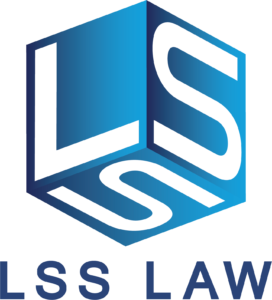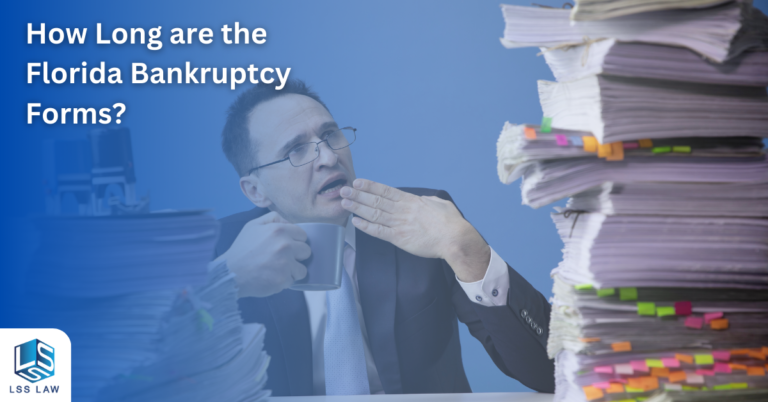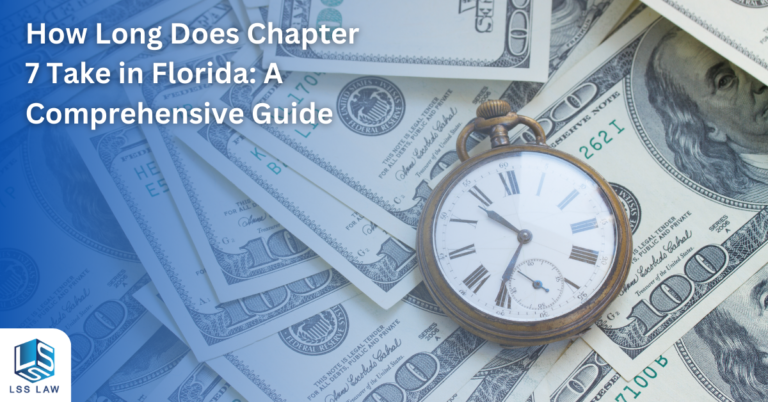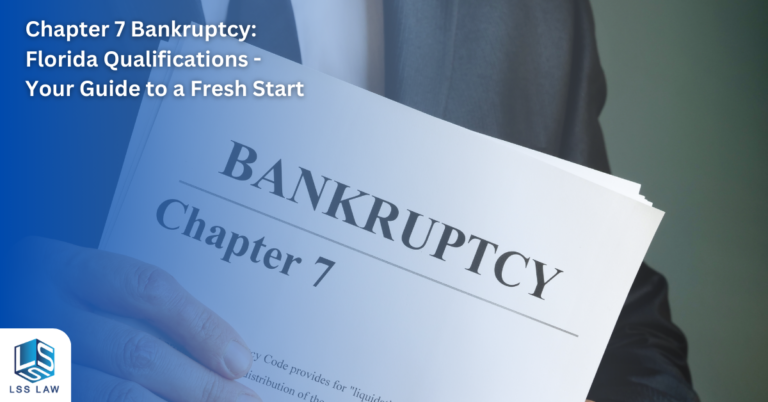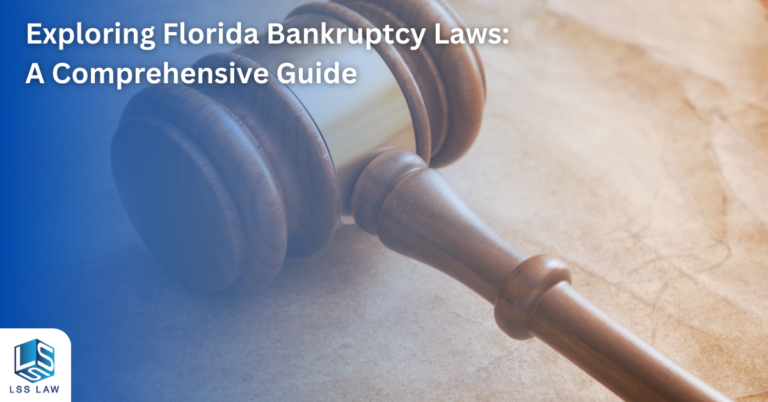Dealing with debt can be overwhelming, but you don’t have to navigate through it alone. This guide will provide you with information on debt relief options and how to find the right assistance for your needs.
The Basics of Debt Relief
Debt relief is a process by which individuals or businesses can reduce or eliminate their outstanding debts. There are several types of debt relief programs, including:
- Debt settlement
- Debt consolidation
- Credit counseling
- Debt management plans
- Personal bankruptcy
Each of these options has its own benefits and drawbacks, and the right choice depends on your individual circumstances, the type of debts you have, and your overall financial goals.
Debt Settlement
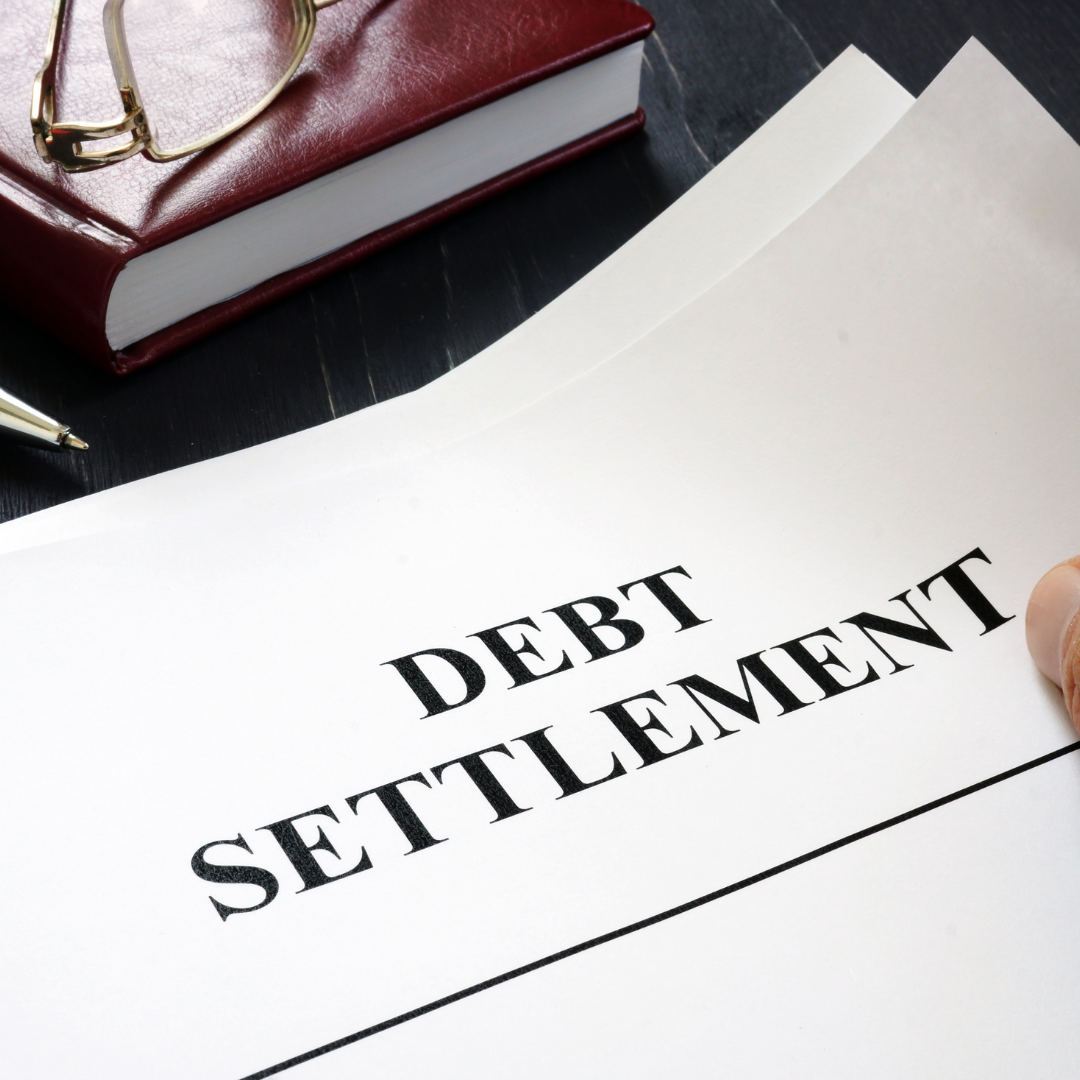
Debt settlement is a process by which a debtor negotiates with their creditors to reduce the total amount they owe. This can be done through a debt settlement company or by the debtor themselves. Debt settlement is typically used for unsecured debts, such as credit card debt or medical bills.
Debt settlement companies work to negotiate with creditors on your behalf, typically by offering a lump-sum payment that is less than the total amount owed. In exchange, the creditor agrees to consider the debt settled.
However, there are risks associated with debt settlement, such as:
- A negative impact on your credit report and credit score
- Potential tax consequences, as the forgiven debt may be considered taxable income
- Late fees and interest may accrue if you stop paying your debts during the negotiation process
Debt Consolidation
Debt consolidation involves taking out a debt consolidation loan to pay off multiple debt payments, such as credit card bills and personal loans. This can simplify your monthly payments and potentially lower interest rates, making it easier to manage your existing debts.
Debt consolidation loans can come from various sources, including banks, credit unions, and online lenders. It’s important to shop around for the best interest rates and terms before committing to a consolidation loan.
Credit Counseling
Credit counseling agencies offer advice and guidance on how to manage your debts, create a budget, and improve your overall financial situation. Good credit counselors will evaluate your entire financial situation and work with clients to develop a personalized debt management plan to address your debt problems.
Credit counseling agencies may negotiate with creditors to lower interest rates and waive fees in exchange for a structured payment plan. A debt management plan typically lasts 3-5 years, during which you make monthly payments to the credit counseling agency, which in turn distributes the funds to your creditors. By becoming a liaison to the creditors, a credit counseling agency can reduce a debtor’s stress and anxiety.
Debt Relief and Bankruptcy

Filing for personal bankruptcy may be the best solution for some individuals. Bankruptcy is a legal process and financial tool that provides relief from certain types of debts.
There are two main types of personal bankruptcy:
- Chapter 7 Bankruptcy (Liquidation Bankruptcy) – In this type of bankruptcy, a federal bankruptcy court will discharge most of your unsecured debts after liquidating your non-exempt assets to repay as much debt as possible. Eligibility for Chapter 7 is determined by a means test, which takes into account your income, expenses, and household size. Most people who file for Chapter 7 bankruptcy do not actually lose any assets.
- Chapter 13 Bankruptcy (Reorganization Bankruptcy) – This type of bankruptcy involves setting up a repayment plan to pay back a portion of your debts over a 3-5 year period. At the end of the plan, any remaining unsecured debts may be discharged. Chapter 13 is typically more suitable for individuals with a regular income and assets they wish to protect.
Before deciding to file for bankruptcy, consult with an experienced bankruptcy attorney. LSS Law can help you understand the process, evaluate your options, and guide you through the necessary steps.
NOTE: Although many people think that filing bankruptcy will destroy their credit score, the truth is that is not the case. While there may be an initial dip in one’s credit score, most people who practice responsible financial habits after filing for bankruptcy end up having a better credit score after 6 months – compared to before they filed.
Student Loan Debt
Student loan debt is a unique challenge for many individuals, as it often cannot be discharged through bankruptcy and can be difficult to manage. There are several options available to help with student loan debt, including:
- Income-driven repayment plans, which base your monthly payments on your household income and family size
- Loan forgiveness programs, such as Public Service Loan Forgiveness (PSLF) for those working in qualifying public service jobs
- Loan consolidation, which can combine multiple federal student loans into a single loan with a fixed interest rate
In some cases, borrowers may also be eligible for deferment or forbearance, which temporarily pause or reduce student loan payments due to financial hardship or other qualifying circumstances.
Dealing with Debt Collectors
When you owe money to a creditor and fail to make timely payments, your debt may be sold or assigned to a debt collection agency. Debt collectors have a legal obligation to follow certain rules and regulations when attempting to collect a debt, but dealing with them can be stressful and intimidating.
To help with debt collection issues, consider the following tips:
- Know your rights under the Fair Debt Collection Practices Act (FDCPA), which prohibits a debt collector from using abusive, unfair, or deceptive practices
- Keep detailed records of all communications with debt collectors, including phone calls, letters, and emails
- Negotiate with debt collectors to create a realistic payment plan that fits your budget
- Seek the assistance of a good credit counselor or attorney if you are unsure of your rights or need help dealing with aggressive debt collectors
Choosing the Right Debt Relief Option

When seeking help with debt, it’s important to carefully consider your options and choose the one that best fits your needs and financial goals. Some factors to consider include:
- The types of debts you have (e.g., credit card debt, medical debt, student loan debt)
- Your ability to make consistent monthly payments toward your debts
- The potential impact on your credit score and credit report
- The fees and costs associated with each debt relief option
- The reputability of the debt relief company or credit counseling agency you choose to work with
Finding Reputable Help with Debt
The debt relief industry is filled with both legitimate, helpful organizations as well as those that prey on vulnerable individuals. To ensure that you are working with a reputable company or agency, consider the following tips:
- Research the company or agency’s history, customer reviews, and any complaints filed with the Better Business Bureau (BBB) or the Federal Trade Commission (FTC)
- Verify that the credit counseling agency is accredited by a recognized organization, such as the National Foundation for Credit Counseling (NFCC) or the Financial Counseling Association of America (FCAA)
- Be cautious of for-profit companies that charge high upfront fees or make unrealistic promises about their ability to eliminate your debts
- Consult with a trusted financial advisor, attorney, or credit counselor before committing to any debt relief option
By taking the time to research your options and choose the right debt relief solution, you can get out of debt, regain control of your finances, and work toward a brighter financial future.
Avoiding Debt in the Future

Once you have successfully addressed your existing debts, it’s important to develop good financial habits to avoid falling back into debt. Here are some tips to help you maintain a healthy financial situation:
- Create a realistic budget that accounts for all of your income, expenses, and financial goals
- Build an emergency savings account to cover unexpected expenses and prevent the need to rely on credit cards or loans
- Monitor your credit report regularly to ensure accuracy and address any potential issues
- Use credit cards responsibly and pay off your balance in full each month to avoid interest charges
- Seek ongoing financial education and support from credit counselors, financial advisors, or other resources
Seeking help with debt is a crucial step in regaining control of your finances and working toward a more stable financial future. By understanding the various debt relief options available, such as debt settlement, debt consolidation, credit counseling, and bankruptcy, you can make an informed decision about the best course of action for your unique situation. Remember to research and work with reputable companies or agencies to ensure that you receive the support and guidance you need throughout the process.
Take Control of Your Financial Future with LSS Law

At LSS Law, we’re committed to helping you find the best debt relief solution for your unique situation. Our experienced bankruptcy attorneys will guide you through the process, ensuring that your rights are protected and that you receive the best possible outcome. Don’t let debt control your life any longer – contact us today to schedule your free bankruptcy Strategy Session and take the first step towards a brighter financial future.
Frequently Asked Questions

What are some positive aspects of filing for bankruptcy?
While bankruptcy may seem like a last resort, it can provide a fresh start for individuals who are having trouble paying their overwhelming debt. Some positive aspects of filing for bankruptcy include:
- Automatic stay: Once you file for bankruptcy, an automatic stay is put in place, which temporarily stops most collection actions, including wage garnishments, evictions, and foreclosures.
- Discharge of debts: In most cases, filing for bankruptcy allows you to discharge (eliminate) certain unsecured debts, such as credit card debt and medical bills, providing you with a clean slate to rebuild your financial situation.
- Protection of assets: In a Chapter 13 bankruptcy, you can protect your home, vehicle, and other valuable assets while repaying your debts through a court-approved payment plan.
- Regain financial control: Bankruptcy can help you regain control of your financial life by allowing you to reorganize your debts and work toward a more sustainable financial future.
How can bankruptcy be a good option for someone with overwhelming debt?
Bankruptcy can be a good option for those with overwhelming debt because it offers a structured, legal process to address and potentially eliminate certain types of debt. By filing for bankruptcy, individuals can benefit from:
- A clear path to debt relief through either liquidation (Chapter 7) or a repayment plan (Chapter 13)
- Protection from creditor harassment and collection actions during the bankruptcy process
- The opportunity to develop better financial habits and rebuild their credit over time
How can bankruptcy help someone regain financial stability?
Filing for bankruptcy can help individuals regain financial stability by:
- Addressing the root causes of their debt, such as overspending, high interest rates, or unexpected financial emergencies
- Providing a structured, legal process to eliminate or reorganize their debts, which can lead to more manageable monthly payments
- Allowing them to focus on rebuilding their credit, saving money, and making smarter financial decisions in the future
By working with an experienced bankruptcy attorney and taking advantage of credit counseling and debtor education resources, individuals can use bankruptcy as an opportunity to create a more stable financial foundation for their future.
Can bankruptcy stop creditor harassment?
Yes, filing for bankruptcy triggers an automatic stay, which temporarily halts most collection efforts, including phone calls, letters, and lawsuits from creditors.
Is it possible to rebuild credit after bankruptcy?
Yes, you can rebuild your credit after bankruptcy by taking steps such as obtaining a secured credit card, paying all bills on time, and maintaining low credit card balances.
Will I lose all my assets if I file for bankruptcy?
Not necessarily. In a Chapter 7 bankruptcy, you may be able to keep certain exempt assets, such as your home, car, and personal belongings. In a Chapter 13 bankruptcy, you can protect your assets by repaying your debts through a court-approved payment plan.
How long does bankruptcy stay on my credit report?
A Chapter 7 bankruptcy remains on your credit report for 10 years, while a Chapter 13 bankruptcy stays on your report for 7 years.
Can I keep my car if I file for bankruptcy?
It depends on the type of bankruptcy you file and your specific situation. In a Chapter 7 bankruptcy, you may be able to keep your car if it is considered exempt property. In a Chapter 13 bankruptcy, you can generally keep your car if you continue making payments as part of your repayment plan.
Does bankruptcy eliminate all types of debt?
No, bankruptcy does not eliminate all types of debt. Some non-dischargeable debts include student loans (unless undue hardship is proven), recent tax debts, child support, and alimony obligations.
Can I file for bankruptcy without an attorney?
While it is possible to file for bankruptcy without an attorney, it is not recommended. The bankruptcy process is complex, and having an experienced attorney can help ensure that your case is handled correctly and efficiently and avoid mistakes that can be costly.
